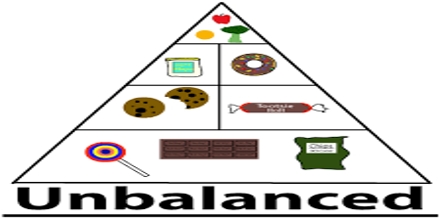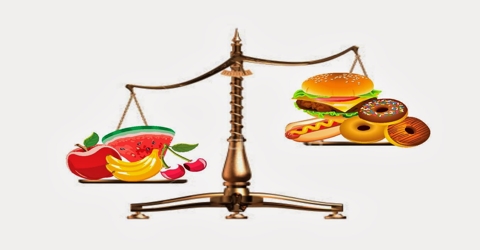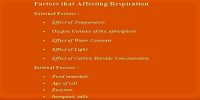Balanced Diet: The diet, which maintains the stability among body elements, is called Balancing diet. A balanced diet contains all types of food in the right proportion. What kind of carbohydrates, proteins, and fats you take in is more significant than how many of each. This is a diet that contains a sufficient amount of the nutrients that we need in a day. It means a balanced diet contains the right amount of carbohydrate, protein, fat or oil, vitamin, mineral salts and water depending on the desired needs of the body.
A balanced diet includes six major nutrients, i.e. Fats, Protein, Carbohydrates, Fiber, Vitamins, and Minerals. The key to a healthy balanced diet is not to ban or omit any foods or food groups but to balance what you eat by consuming a variety of foods in the right proportions. The key is to eat the widest mixture of nutritious foods you can at the same time as maintaining a rational calorie count. The accurate food when taken in an appropriate way nourishes the person both physically and spiritually and it is the food through which a person attains constructive health. If anyone wants to have a balanced diet, it is essential that the list of diet should contain carbohydrates, protein, fat or oil, vitamin and mineral salts.

The following are the value of a balanced diet:
- Balanced Diet leads to good physical and good mental health.
- It helps in the appropriate growth of the body.
- Also, it increases the aptitude to work
- The balanced diet increases the facility to struggle or resist diseases.
Unbalanced Diet: The diet, which disturbs the balance among the body elements, is called an unbalanced diet. A list of diet that contains little amount of all or some of the six food elements is called an unbalanced diet. This diet consists of either an overload or an insufficient intake of any dietary component. That means overload or shortage of dietary parts, such as – proteins, fat, carbohydrates, fibers, vitamins, minerals. Too many calories or too few calories are other types of imbalance.
Most people in our world have an unbalanced diet. These people mostly eat carbohydrates. The body lacks proper nutrition if the diet does not contain sufficient amount of proteins, carbohydrates, mineral salts and vitamins. Eating erroneous types of food is the probable reason for a dietary imbalance. While there is no such thing as an ideal diet, striving to preserve balance in your diet can help prevent dietary deficiencies and redundant weight gain. An unbalanced diet can lead to health problems like high blood pressure, obesity, diabetes, tooth decay, coronary heart disease, hypertension, osteoporosis, malnutrition, and osteoarthritis. The deficiency of proper nutrition in the body is known as malnutrition. Unbalanced diet causes diseases on continued indulgence, e.g.,
- Psychiatric disorders
- Coronary heart disease
- High blood pressure
- Obesity
- Tooth decay.

In order to have a healthy and balanced diet, it is important to keep the following in the mind-
- Carbohydrates should be eaten in large amounts
- Sufficient amount of green leafy vegetables should be eaten
- A lot of fish should be eaten
- Excess intake of sugar, oil, and fat should be avoided.














